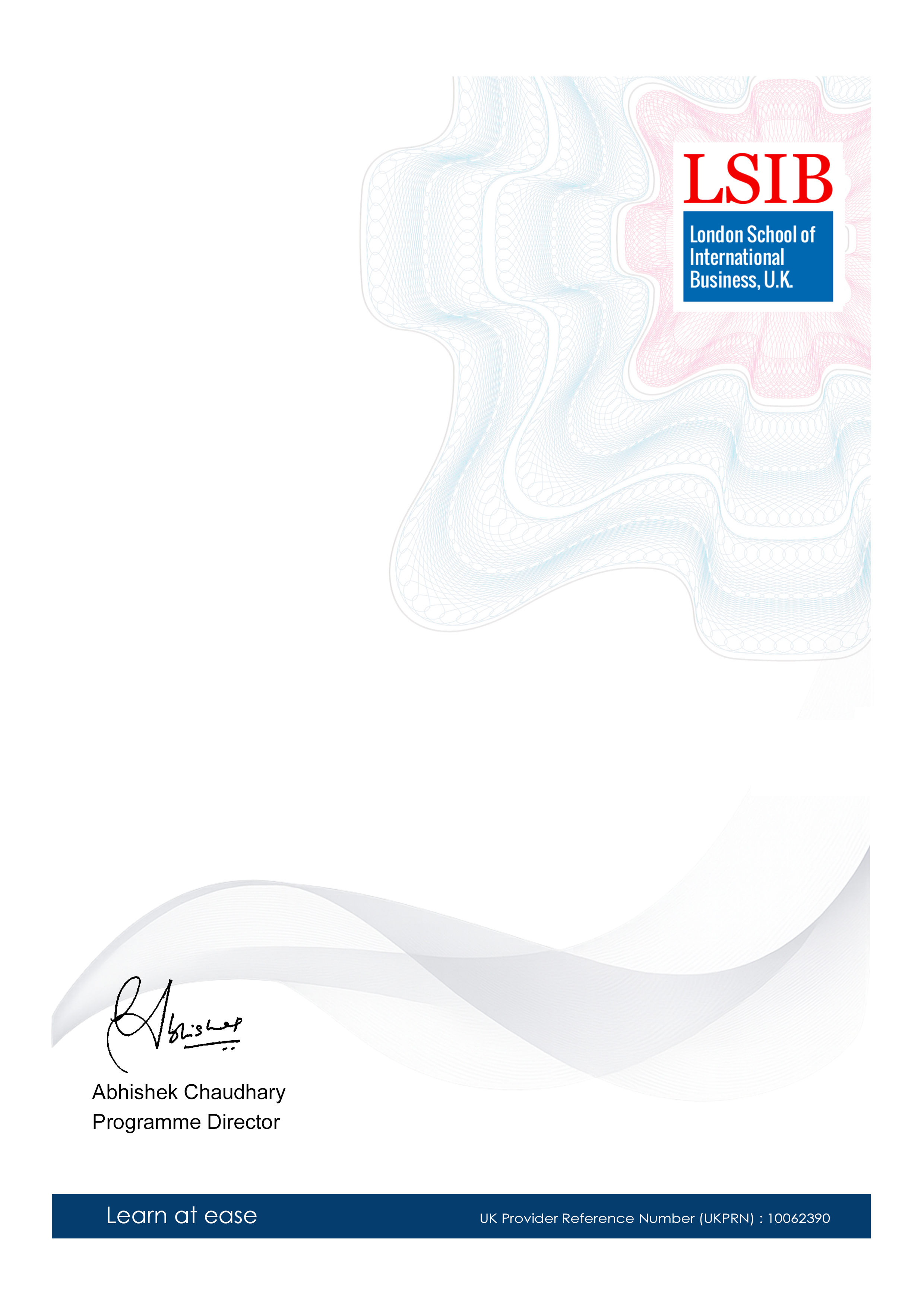How Diploma in Foundation InterBusiness Bridged the Skills Gap in E-commerce
-- viewing nowDiploma in Foundation InterBusiness bridges the skills gap in e-commerce by equipping learners with essential knowledge and skills. With the rise of e-commerce, businesses face a significant skills gap in managing online operations, marketing, and sales.
3,052+
Students enrolled
GBP £ 140
GBP £ 202
Save 44% with our special offer
About this course
100% online
Learn from anywhere
Shareable certificate
Add to your LinkedIn profile
2 months to complete
at 2-3 hours a week
Start anytime
No waiting period
Course details
Career path
| Role | Percentage |
|---|---|
| E-commerce Manager - Oversees the development and implementation of e-commerce strategies to drive sales and revenue growth. | 25% |
| Digital Marketing Specialist - Develops and executes digital marketing campaigns to increase brand awareness and customer engagement. | 20% |
| Business Analyst - Analyzes business needs and develops solutions to improve operational efficiency and customer satisfaction. | 18% |
| Supply Chain Manager - Oversees the planning, execution, and monitoring of supply chain operations to ensure timely and cost-effective delivery of products. | 15% |
| Operations Manager - Manages the day-to-day activities of an organization to ensure efficient and effective use of resources. | 12% |
| Financial Analyst - Analyzes financial data to identify trends and make informed business decisions. | 10% |
Entry requirements
- Basic understanding of the subject matter
- Proficiency in English language
- Computer and internet access
- Basic computer skills
- Dedication to complete the course
No prior formal qualifications required. Course designed for accessibility.
Course status
This course provides practical knowledge and skills for professional development. It is:
- Not accredited by a recognized body
- Not regulated by an authorized institution
- Complementary to formal qualifications
You'll receive a certificate of completion upon successfully finishing the course.
Why people choose us for their career
Loading reviews...
Frequently Asked Questions
Course fee
- 3-4 hours per week
- Early certificate delivery
- Open enrollment - start anytime
- 2-3 hours per week
- Regular certificate delivery
- Open enrollment - start anytime
- Full course access
- Digital certificate
- Course materials
Get course information
Earn a career certificate

